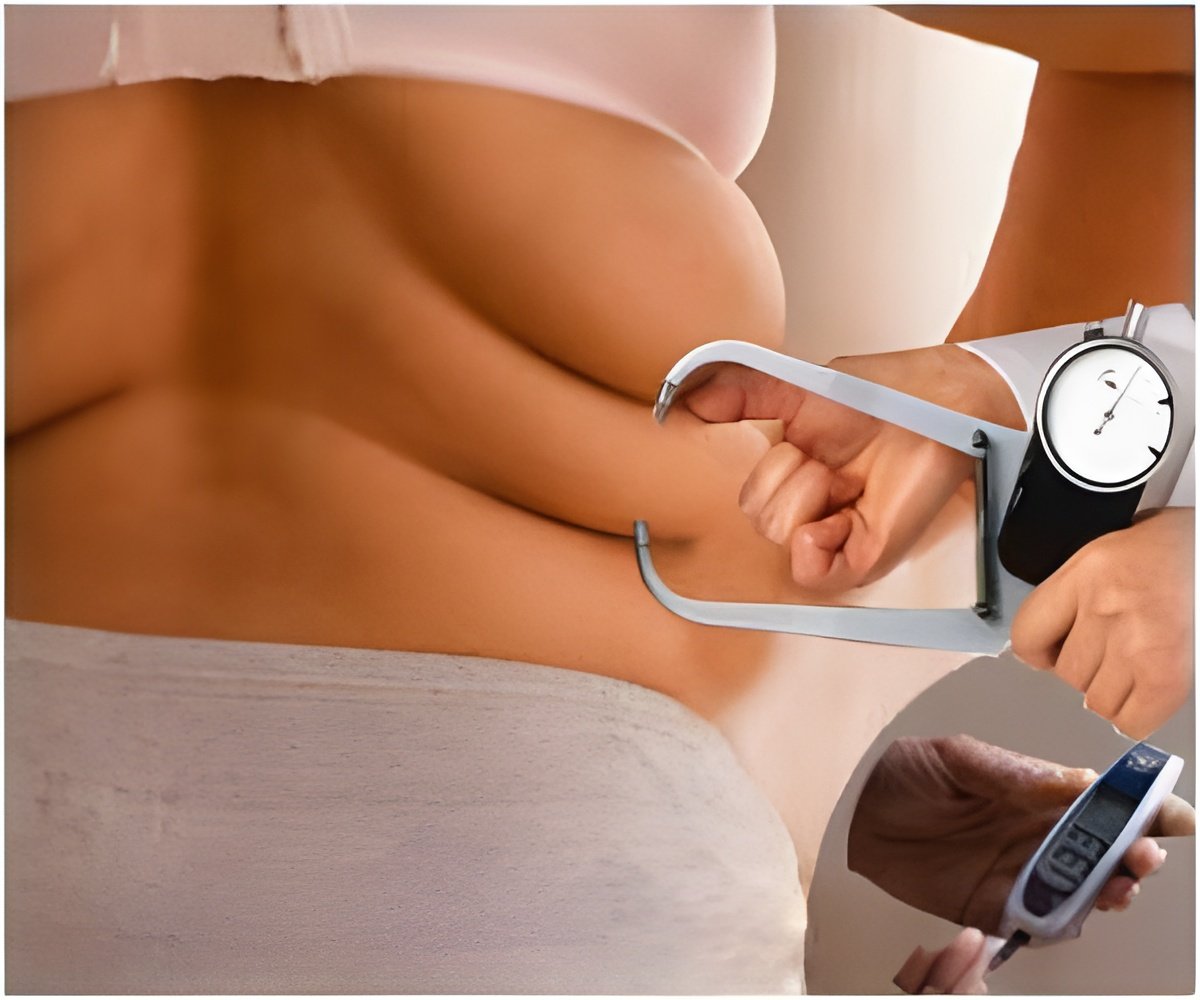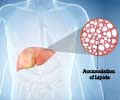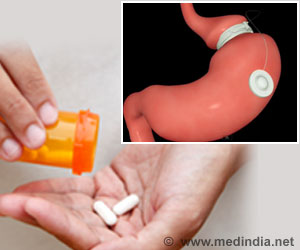Weight reduction surgeries have shown significant benefits beyond weight reduction, including improvements in serum lipids.

‘Weight loss surgery can significantly reduce total cholesterol, low density lipoprotein cholesterol and triglycerides and increase high density lipoprotein cholesterol in obese patients after a year.’





Investigators undertook a meta-analysis of studies on contemporary bariatric surgery outcomes to describe the effects of these procedures on serum lipids of obese patients at one year and more after surgery. "These procedures have shown significant benefits beyond weight reduction, including improvements in serum lipids. However, changes in serum lipids beyond the period of early, rapid weight loss are not well characterized," explained lead investigator Sean Heffron, of the Division of Cardiology at NYU Langone Medical Center.
Investigators identified 178 studies that fit the criteria for inclusion in this analysis. Each study needed to involve 20 or more obese adults undergoing RYGBP, Adjustable Gastric Banding, Sleeve Gastrectomy, or BPD, report lipid profile at baseline, and provide follow-up data for at least one year. More than 25,000 patients with nearly 48,000 patient-years of follow-up were included. At the time of surgery, patients were generally between 35 and 45 years old with body mass index (BMI) of between 40 and 50. The mean follow-up across all studies was 27.9 months.
In patients undergoing any form of bariatric surgery, compared to baseline, there were significant reductions in total cholesterol, low density lipoprotein cholesterol, and triglycerides, and a significant increase in high density lipoprotein cholesterol. The magnitude of this change was significantly greater than that observed in non-surgical control patients.
When assessed separately, the magnitude of changes varied greatly by surgical type. Only RYGBP showed improvements in each lipid parameter relative to controls at both one year and last follow-up beyond one year. In the cases of Adjustable Gastric Banding and Sleeve Gastrectomy the response at one year following surgery was not significantly different from non-surgical control patients.
Advertisement
"Part of this difference may be secondary to greater weight loss and improvements in insulin sensitivity achieved following RYGBP and BPD versus restrictive procedures. However, the anatomic alterations of RYGBP and BPD may also play important roles. These differences may be relevant in deciding the most appropriate technique for a given patient."
Advertisement














